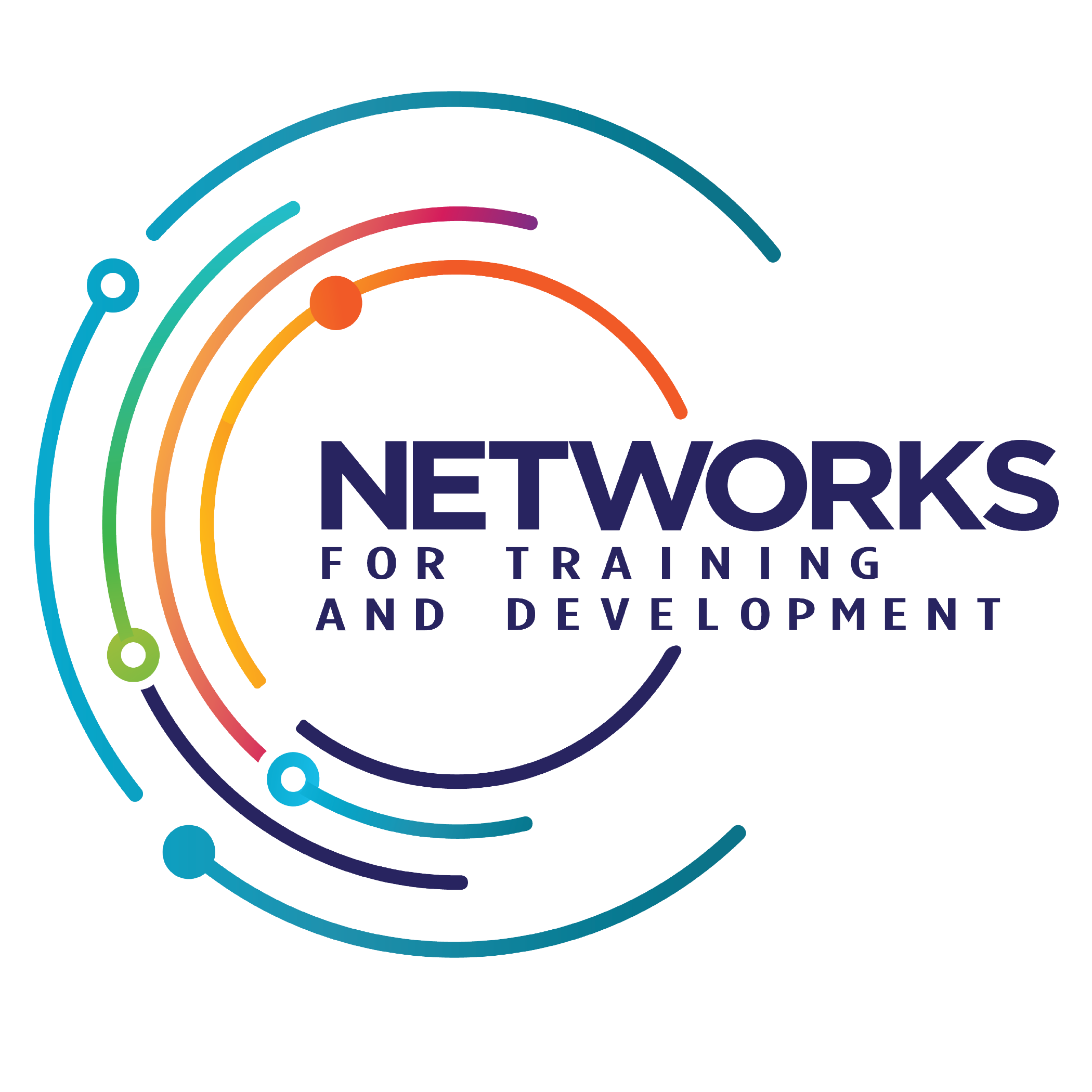Diversity, Equity, Inclusion, and Belonging (DEIB) is not just a passing trend—it is the foundation of the workplaces of the future. Companies that embrace DEIB thrive, while those that resist progress risk falling behind in a rapidly evolving world.
Yet, despite the clear benefits, there has been increasing pushback against DEIB efforts. Some organizations are scaling back, some policies are restricting progress, and some critics argue that DEIB is unnecessary. But let’s be clear—going backward is not an option. Rolling back DEIB initiatives is not just a corporate misstep; it is a failure of leadership, a failure of innovation, and a failure to build workplaces that work for everyone.
The question is not whether DEIB should exist—it is how we can ensure it remains at the forefront of workplace culture, hiring, and leadership.
The Current Pushback on DEIB
While DEIB has made significant strides, there has been a recent wave of cutbacks, criticisms, and misunderstandings surrounding it. Here are some key reasons why:
1. Budget Cuts & Corporate Shifts
Many companies invested heavily in DEIB initiatives in recent years, but as economic pressures rise, some have begun scaling back these efforts—sometimes citing them as non-essential expenses. Organizations that once had dedicated DEIB teams are now reducing staff or merging roles, making it harder to maintain meaningful initiatives.
But here’s the reality: Workplace diversity is not a luxury—it is a necessity. Companies that treat DEIB as expendable will struggle to attract talent, retain employees, and compete in an increasingly diverse and globalized workforce.
2. Legal & Political Challenges
Recent changes in state and federal policies have sparked debates around DEIB-related training, hiring, and workplace policies. Some states have introduced restrictions on DEIB funding in government and education sectors, leading companies to rethink their approach to workplace diversity programs.
This is a critical moment. Instead of retreating, organizations must reaffirm their commitment to building inclusive workplaces, regardless of shifting political tides. DEIB should not be dependent on policy trends—it should be embedded in organizational values.
3. Misconceptions About DEIB
Some critics argue that DEIB initiatives create division rather than inclusion, misunderstanding the purpose behind these programs. The reality? DEIB is not about excluding anyone—it’s about ensuring that workplaces are fair, supportive, and accessible for all employees, regardless of background.
When companies create inclusive environments, everyone benefits. This is not about checking a box—it’s about building a culture that promotes long-term success.
4. “Performative” vs. Meaningful Action
Let’s be honest—some DEIB efforts have not always been as impactful as intended. Companies that treated DEIB as a buzzword rather than a long-term commitment may have contributed to skepticism.
But that does not mean we abandon the work. It means we do it better. DEIB is only ineffective when organizations fail to integrate it meaningfully. The answer is not to step away from DEIB—it is to ensure that it is deeply rooted in leadership, policies, and workplace culture.
Why DEIB Still Matters
With these challenges, some may wonder—is DEIB still necessary? The answer is simple: a future without DEIB is not a future at all.
Even as pushback grows, the benefits of DEIB in the workplace remain clear:
- Diverse teams make better decisions. Research shows they outperform homogenous teams by 35 percent in innovation and problem-solving.
- Equitable workplaces retain top talent. Employees want to work for organizations that prioritize fairness and inclusion.
- Belonging increases engagement. When employees feel valued, productivity and job satisfaction rise.
The workplaces of tomorrow will be led by companies that embrace DEIB, not those that fight against it.
What Can Organizations Do?
If your workplace is navigating uncertainty around DEIB, now is the time to reaffirm its importance. Here’s how companies can stay committed:
- Integrate DEIB into company culture, not just policies. Make it a core value rather than a separate initiative.
- Prioritize education and conversation. Keep learning and fostering open discussions.
- Show, don’t just tell. DEIB should be reflected in hiring, leadership, and everyday practices, not just in mission statements.
By embedding DEIB into daily operations, companies future-proof their workplaces, attract the best talent, and foster cultures where employees don’t just work—they thrive.
Keep the Momentum Going
DEIB is not just about today—it is about ensuring a stronger, fairer, and more successful future for workplaces and society. The pushback against DEIB is real, but so is the impact of inclusive, forward-thinking leadership. Going backward is not an option. The only way forward is with a deep commitment to building workplaces that work for everyone.
The fight for racial equity, gender justice, and inclusion is not a passing trend—it’s a foundational principle of the society we strive to build and is at the heart of Networks for Training and Development.

